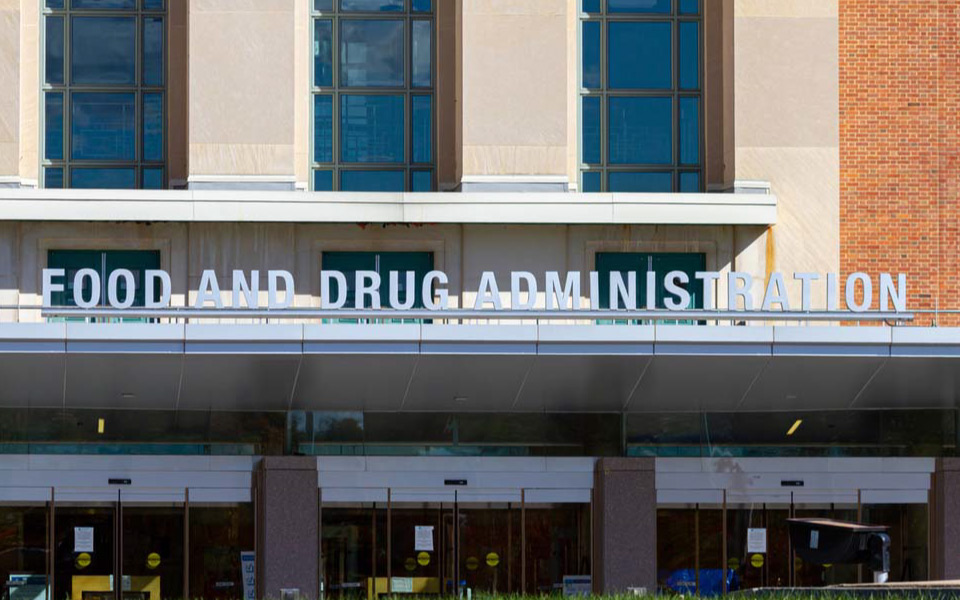Sponsors receive FDA feedback and advice on their drug development program via formal FDA meetings. These meetings allow Sponsors to learn the FDA’s current thinking on a specific topic and to amend their development program based on FDA’s recommendations appropriately.
The recent PDUFA VII Commitment Letter outlines several additions and enhancements to existing formal PDUFA meetings and related procedures:
- Type D
- Initial Targeted Engagement for Regulatory Advice on CBER products (INTERACT)
- Procedural changes and clarifications
- Updated guidance
- Opportunities to contribute
These help clarify sponsor expectations and encourage communication using the correct channels and timeframe.
Type D Meetings: A New Meeting Type
Per PDUFA VII, a new meeting type, Type D, is focused on a “narrow set of issues.” By this, FDA means these will typically be granted for discussion of one or maybe two issues (but no more than that).
This does not mean that Sponsors can only ask two questions but that questions should all be associated with at most two focused topics.
The examples that FDA cites are general questions about innovative approaches or follow-up questions that arise between meetings. Meeting background packages, or briefing documents, are to be submitted at the time of the Type D meeting request.
If a meeting is requested for several issues or a complex issue with multiple questions, FDA has stated that a Type C meeting is the most appropriate.
The other gating condition for granting a Type D is that the issue requires only input from three or fewer disciplines or divisions. Suppose FDA disagrees with the Sponsor that the focus of the requested meeting meets these requirements. In that case, they will issue a notice of meeting-type conversion and allow the Sponsor the opportunity to accept or withdraw their request.
The target is for the FDA to respond to Type D meeting requests within 14 days and schedule meetings within 50 days. These goals are being phased in, with 50% of these meetings scheduled in 50 days in 2023, escalating to 90% in 2027.
INTERACT Meetings
INTERACT meetings are not new, but PDUFA goals for this meeting were only added in this reauthorization. Meeting background packages, or briefing documents, are to be submitted at the time of the meeting request.
INTERACT meetings focus on unique challenges and novel questions for CDER and CBER products for which existing FDA guidance or other information is available. These meetings provide FDA input on issues early in development, prior to IND filing and typically before the request for a pre-IND meeting, for issues that may hamper the progress or delay the initiation of IND-enabling studies in the absence of this early input.
Meeting questions may include complex CMC issues, design of IND-enabling toxicology studies, use of “cutting edge testing methodologies,” “development of innovative devices to be used with a drug or biologic,” or other development issues agreed upon by the FDA.
FDA will respond to an INTERACT meeting request within 21 days, and meetings will be scheduled within 75 days. These goals are being phased in, with 50% of these meetings scheduled in 75 days in 2023, escalating to 90% in 2027. If FDA advice changes because of an INTERACT meeting, then within 30 calendar days, preliminary responses will be annotated and resent. WRO serves as meeting minutes from FDA.
Procedural Changes and Clarifications
The FDA recommends that written meeting requests state the purpose of the meeting, as well as indicate the Sponsor’s preference for a written response (WRO) from the FDA, or an in-person face-to-face, teleconference, or virtual meeting that enables audiovisual communication.
Challenging a WRO Response
Suppose a Sponsor receives a WRO in response to a pre-IND meeting request and believes a face-to-face meeting would be most valuable. In that case, the Sponsor may submit a follow-up correspondence to the FDA justifying the need for a face-to-face meeting.
If the Sponsor’s request includes approaches in which there are no established precedents or novel approaches to clinical development, then the FDA may grant the Sponsor’s follow-up request and convert the WRO to a face-to-face meeting.
Requesting Post-Meeting Clarification
Opportunities to follow up with the FDA are available to sponsors who wish to clarify questions or confirm feedback in meeting minutes or WROs issued by the FDA.
The clarifying questions will be submitted in writing as a “Request for Clarification” to the FDA within 20 calendar days following receipt of the meeting minutes or WRO. Within 20 calendar days of receipt of the Sponsor’s clarifying questions, FDA will respond in writing, referencing the original meeting minutes or WRO.
Only clarifying questions that meet the criteria will be issued a response; however, the FDA may exercise discretion regarding whether requests are permissible or in scope.
Updated Guidance and Opportunities to Contribute
The FDA plans to issue a revised version of the existing draft guidance, “Formal Meetings Between the FDA and Sponsors or Applicants of PDUFA Products,” by September 30, 2023.
The updated guidance will contain information on Type D and INTERACT meetings and how to request postmeeting clarifications and trainings to communicate these best practices to the industry. All relevant Manuals of Policies and Procedures and Standard Operating Procedures and Policies will be updated.
A public workshop will be held on July 30, 2024, to discuss best practices for FDA meetings: important lessons from the Coronavirus Disease 2019 (“COVID-19”) pandemic, including the use of virtual platforms for meetings and metrics and experiences related to PDUFA activities, including Type D and INTERACT meetings.
Reported metrics include the number of granted or denied INTERACT meeting requests and the number of granted and denied in-person pre-IND, Type C, Type D, and INTERACT meeting requests.
Eighteen months after the public workshop, the FDA will update public documents, including publishing a revised draft or final version of the Guidance for Industry “Best Practices for Communication Between IND Sponsors and FDA During Drug Development.”
Training is also planned to communicate best practices outlined in the guidances.
Existing Meetings
Existing meetings by which FDA provides guidance, advice, and feedback to Sponsor’s drug development programs include Type A, B, and C meetings.
Type A meetings are “critical path” meetings that are reserved for otherwise stalled drug development programs to enable the development program to proceed. Other Type A meetings include “post-action meetings requested within three months following an FDA regulatory action other than an approval.” Refer to “Formal Meetings Between the FDA and Sponsors or Applicant of PDUFA Products” for a complete list of Type A meetings.
Type B meetings are pre-IND, End of Phase (EOP) 1, and EOP2/pre-phase three milestone meetings. Other Type B meetings include those occurring outside the context of a marketing application to discuss REMS or post-marketing requirements. Meetings other than Type A, B, D, or INTERACT are considered Type C.
By: Dr. Amanda Beaster, Associate Director of Regulatory Strategy, and Dr. Christine Clarke, Senior Global Regulatory Affairs Manager
If you have questions about FDA meetings or any other PDUFA VII Updates, email info@mmsholdings.com to speak to a regulatory expert.
Learn more about MMS Regulatory Affairs and Operations.





